
Methods for reducing water demand ratio of fly ash
.jpg)
Development of sustainable alkaliactivated slag/fly ash mortars:
Alkaliactivated fly ash (AAF) exhibits a wider pore size distribution and a slower hydration reaction process at room temperature, which favors the reduction of shrinkage [18] Research 2021年9月1日 Fly ash wastewater treatment methods are economical, environmentally friendly, and efficient (Mushtaq et al, 2019) As mentioned earlier, unburned carbon in fly ash allows Fly ash properties, characterization, and applications: A review2017年6月27日 The replacement of cement by fly ash reduces the water demand for a given slump When fly ash is used at about 20 percent of the total cementitious, water demand is Chapter 3 Fly Ash in Portland Cement Concrete Fly Ash Facts 2020年8月13日 Drying shrinkage, abrasion resistance, and fatigue resistance of upto15% fly ash concrete has been found to be effective enough which limits the cement substitution with fly ashEFFECT OF FLY ASH ON WATER DEMAND AND STRENGTH OF A
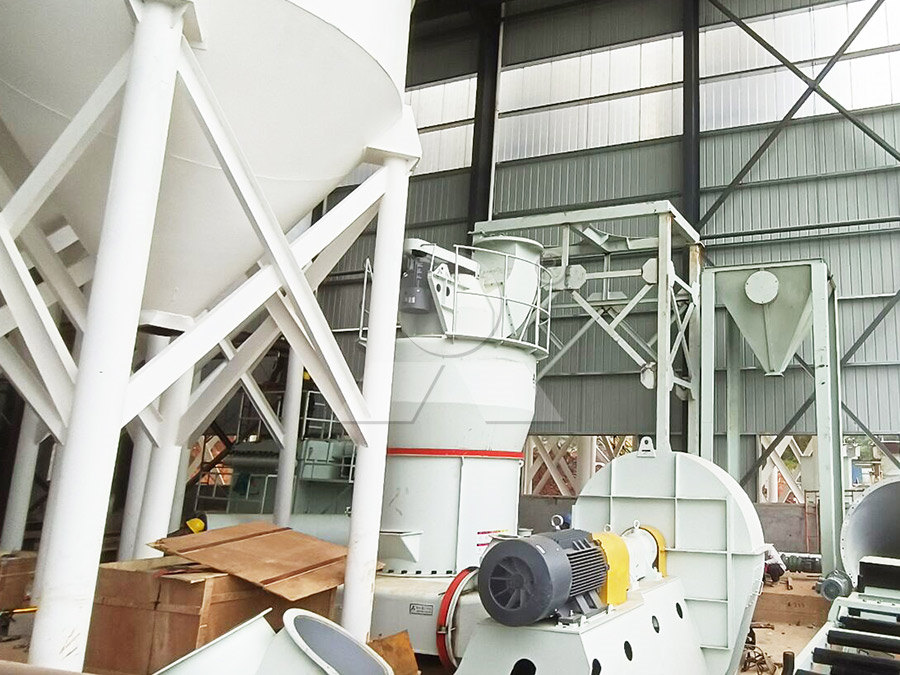
Reduction in water demand of nonairentrained concrete
2000年11月1日 The test results show that the reduction in water demand of the concrete incorporating the fly ashes ranged from a low of 88 for Lingan fly ash from Nova Scotia, 2024年1月17日 In this study, methods of wastewater treatment using adsorption process were discussed in detail An overview of the major environmental treatment technologies and their Utilization of Fly Ash in Wastewater Treatment: A Review2023年9月16日 There are mainly three common processes and methods of MSWI fly ash disposal: solidification and stabilization (S/S), thermal treatment, separation and extraction [8]The Resource Utilization and Environmental Assessment of MSWI 2023年10月9日 For this reason, alternative reusable materials that improve the mechanical properties of concrete, such as fly ash, are currently being investigated as an effective solution to reduceUse and effect of fly ash in concrete: A literature review
.jpg)
Fly ash for sustainable construction: A review of fly ash concrete
2022年12月1日 Fly ash makes concrete workable; increasing its levels may reduce water demand and superplasticizer needs Fly ash can improve mechanical and durability 2021年6月5日 There are two main particulate byproducts from MSWI, namely MSWI bottom ash (BA) and MSWI fly ash (FA) (Quina et al, 2014b, Verbinnen et al, 2017)The MSWI FA together with the reagents (mainly lime and powdered activated carbon) collecting from air pollution control (APC) devices is referred to as APC residue (Ghouleh and Shao, 2018, Li et Treatment of municipal solid waste incineration fly ash: State 2017年12月9日 Yuan et al showed that the water demand decreased by adding 15 and 20% fly ash and increased when fly ash content was higher than 20% This was attributed to the increase in water demand from the introduction of additional specific surface and porous grains, and the decreased deflocculation resulting from the adsorption of fine grains of fly ash on cement Fly Ash SpringerLink2015年2月1日 Coal fly ash accounts for 5–20 wt% of feed coal and is typically found in the form of coarse bottom ash and fine fly ash, which represent 5–15 and 85–95 wt% of the total ash generated, respectivelyCoal ash is discharged by both wet and dry methods of coal combustion Bottom ash refers to the ash that falls down through the airflow to the bottom of the boiler and A comprehensive review on the applications of coal fly ash
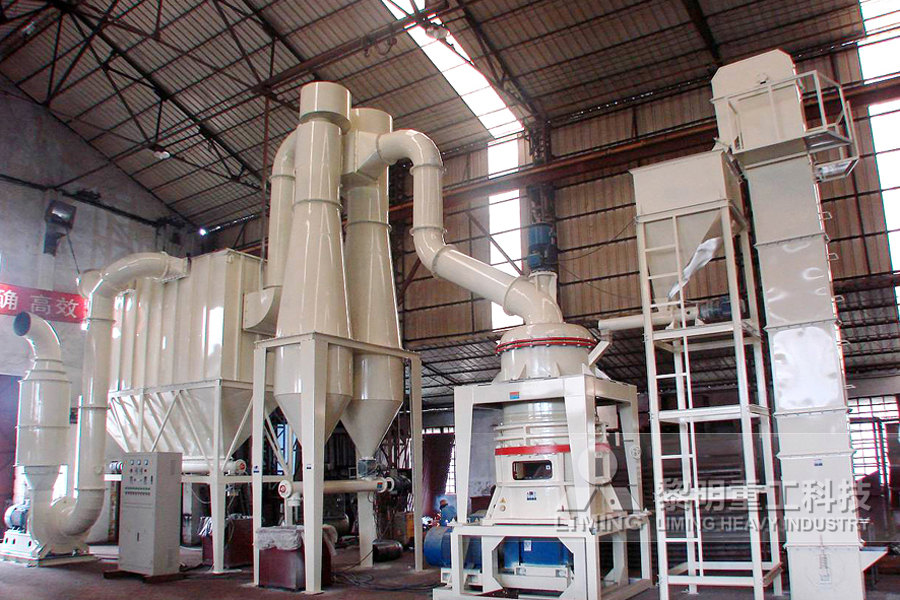
The Resource Utilization and Environmental Assessment of MSWI Fly Ash
2023年9月16日 Water is one of the substances commonly used in some harmless treatments of MSWI fly ash, such as hydrothermal method and water washing However, during these processes, pollutants would be released in the aqueous solution, resulting in that the aqueous solution could only be discharged after secondary treatment2020年2月19日 Incineration is widely adopted in municipal solid waste management, which produces large amounts of municipal solid waste incineration (MSWI) fly ash The harmless treatment of MSWI fly ash requires the appropriate disposal of heavy metals and dioxins that are enriched in fly ash This review summarizes recently developed harmless disposal methods for Review of harmless treatment of municipal solid waste incineration fly ash2022年9月1日 Fly ash particles occupy the small voids space left between the angular cement and aggregate particles to release the trapped water, thus fly ash blending increases the flow ability and reduces Fly ash for sustainable construction: A review of fly ash concrete 2020年4月28日 The rapid economic development in China places a large demand for energy, and as a result, thermal power plants in China are producing an enormous amount of coal fly ash (CFA) which causes severe environmental pollution This paper briefly describes the current production and utilization status of CFA in China and identifies the challenges confronting Utilization of coal fly ash in China: a minireview on challenges
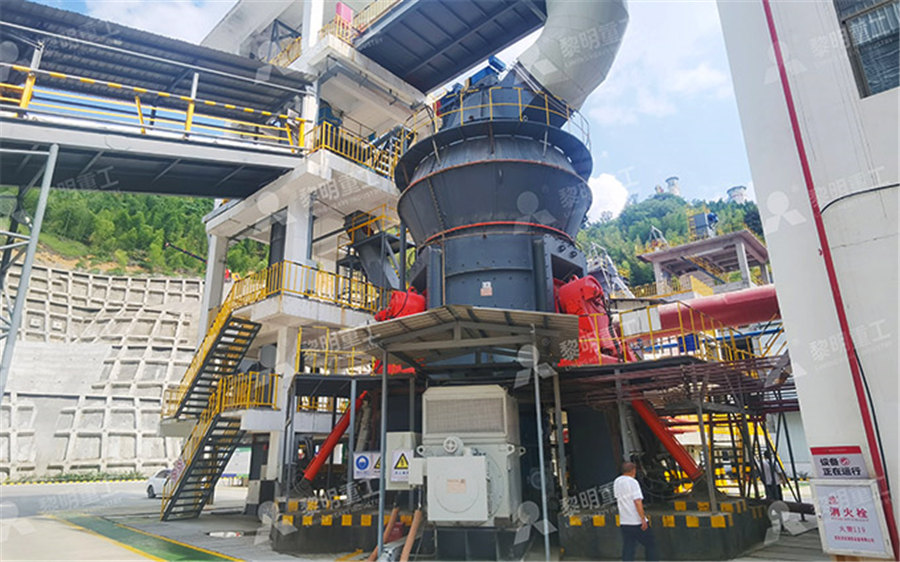
Fly Ash as a Cementitious Material for Concrete IntechOpen
2020年4月2日 This paper presents a review on fly ash as prime materials used for geopolymer Due to its advantages of abundant resources, less in cost, great workability and high physical properties, fly ash leads to achieving high mechanical properties Fly ash is considered as one of the largest generated industrial solid wastes or socalled industrial byproducts, around the 2019年11月1日 These obtained temperature peaks for both the MCEdosed and control mass concrete are below the acceptable maximum temperature limit of 57 • C (stated as 135 • F in [21])Effectiveness of fly ash in reducing the hydration heat release of mass 2022年2月9日 The recycling and utilization opportunities for coal fly ash (CFA) have increased in the past two decades However, limited commercialization of the material is still reported, while disposal and management remain major concerns CFA utilization is currently commercially feasible in the building and construction industry Other alternative uses that are being The Recycling of Coal Fly Ash: A Review on Sustainable MDPI2024年7月30日 Developing recovery methods from coal mine waste like mudstone and coal fly ash (CFA) is crucial to expanding the alumina supply beyond bauxite This review explores various approaches for alumina Review of methods for alumina recovery from
.jpg)
A critical review on mechanochemical processing of fly ash and fly ash
2023年2月20日 Class F fly ash is generated primarily from the combustion of highrank coals (anthracite and bituminous coal) and is quite chemically reactive with alkaline materials as well as exhibits pozzolanic nature (it hardens when subjected to Ca(OH) 2 and water) In contrast, class C fly ash is characterized by Fe 2 O 3 + Al 2 O 3 + SiO 2 content of 2015年12月1日 In this paper, the influence of fly ash fineness on water requirement and shrinkage of blended cement mortar was studied The results indicate that the water requirement and shrinkage Influence of fly ash fineness on water requirement 2019年12月1日 There has been an increasing attempt for fly ash utilization in different sectors Loya and Rawani [5] identified top areas for the quantity of fly ash utilization as 4419% in cement and concrete sectors, 1525% of ash in roads, embankments and ash dyke raising, followed by 1249% in reclamation of low lying areas and land filling, 884% in mine filling, 761% in bricks, Physical, chemical, and geotechnical properties of coal fly ash: 2024年6月25日 Geopolymer concretes have emerged as an alternative to traditional Portland cement concretes with high strength, good durability, well corrosion performance and hightemperature resistance, and being a sustainable and environmentally friendly material In this study, a comprehensive microstructural analysis of lowcalcium fly ashbased geopolymer Microstructural Analysis of LowCalcium Fly AshBased
FYEFEPS2HDZ49G5Z0[B.jpg)
Compressive strength prediction and lowcarbon optimization of fly ash
2024年9月12日 Portland cement concrete (PCC) is a major contributor to humanmade CO2 emissions To address this environmental impact, fly ash geopolymer concrete (FAGC) has emerged as a promising lowcarbon alternative This study establishes a robust compressive strength prediction model for FAGC and develops an optimal mixture design method to 2022年1月1日 Yousuf et al, [11] studied the effects of fly ash and slag (supplementary cementitious material) on concrete properties Investigations were done to study the effects of supplementary cementitious material on different properties including splitting tensile strength, compressive strength, fracture energy, Poisson’s ratio and modulus of elasticityCharacterization of physicochemical and functional properties of fly 2013年11月1日 The inclusion of less than 30% limestone did not alter substantially the paste w/c ratio In pastes prepared with 50% limestone, however, water demand declined substantially The presence of up to 30% fly ash reduced the water demand slightly As for limestone, when the fly ash content was 50%, the w/c ratio declined substantiallyViscosity and water demand of limestone and fly ashblended 2020年11月17日 For this study, effect of different water cement ratio mainly 05, 055, 06 evaluated on binder content 300kg/m3 of concrete f/c (fly ash/cement) ratio also taken into account with wide range as (PDF) Investigation of Fly Ash Concrete by Slump Cone
.jpg)
Characteristics of incineration ash for sustainable treatment
2019年5月1日 Municipal solid waste incineration (MSWI) generates bottom ash, fly ash (FA), and air pollution control (APC) residues as byproducts FA and APC residues are considered hazardous due to the presence of soluble salts and a high concentration of heavy metals, and they should be appropriately treated before disposal Physicochemical characterization using 2024年11月9日 A method of reducing CO2 emissions is CCUS (carbon capture, utilisation, and storage) technology When the solidtowater (s/w) ratio is low, the gas permeability is Alicja 2024 "A Comprehensive Review of CO 2 Mineral Sequestration Methods Using Coal Fly Ash for Carbon Capture, Utilisation, and Storage (CCUS) Technology A Comprehensive Review of CO2 Mineral Sequestration Methods 2021年7月1日 Fly ash (FA) is the principal industrial waste byproduct from the burning of solid fuels FA is a powdery solid that is constituted mostly of unburned carbon (UC), metal oxides (Si, Fe, Ca, and Al Fly Ash properties, characterization, and applications: a review2016年5月28日 Wu et al [] have studied the effect of additives on synthesis of zeolite from coal fly ash due to hydrothermal conversionThe authors have demonstrated the effect of addition of sodium halide, Na 2 SiO 4 and Al(OH) 3, prior to synthesis process for the adjustment of the Si/Al ratio of the reaction matrix, on waste solution and the CEC of final products produced, after Conventional Methods for Synthesis of Fly Ash Zeolites

A study on the synthesis and performance evaluation of fly ash
2024年8月18日 Construction and global infrastructure depend on cement production It is one of the biggest carbon emitters, making it an aspect of environmental sustainability and climate change mitigationAn innovative approach was presented to recycling aluminumrich sludge from water treatment, alongside coal fly ash, into bricks for construction By varying fly ash ratios (0–50 %) and firing temperatures (900–1200 °C), optimal conditions were determined: 1050 °C firing temperature and 30 %50 % fly ash additionUtilization of drinking water treatment sludge with coal fly ash to 2019年2月13日 Keywords: fly ash FA, blast furnace slag BFS, initial and final setting time, shrinkage, alkaliactivated binders Citation: Humad AM, Kothari A, Provis JL and Cwirzen A (2019) The Effect of Blast Furnace Slag/Fly Ash Ratio on Setting, Strength, and Shrinkage of AlkaliActivated Pastes and Concretes Front Mater 6:9 doi: 103389/fmats201900009The Effect of Blast Furnace Slag/Fly Ash Ratio on Setting, Strength 2020年12月17日 Incineration has gained popularity over landfill as a key solution for the reduction of massively increasing volumes of municipal solid waste (MSW) generation worldwide and in particular China However, it is not the end solution The disposal of the incineration residues, which are enriched with a wide range of heavy metals and soluble salts, has become Incineration Fly Ash and Its Treatment to Possible Utilization

Review of fly ash inertisation treatments and recycling
2014年1月24日 Fly ash (FA) is a byproduct of power, and incineration plants operated either on coal and biomass, or on municipal solid waste FA can be divided into coal fly ash, obtained from power plant burning coal, flue gas desulphurisation FA, that is, the byproduct generated by the air pollution control equipment in coalfired power plants to reduce the release of SO2, biomass 2021年8月27日 Fly ash is one such material that can be partially replaced with cement, Effect of Curing Methods on Fly Ash based Concrete By the usage of sand and Fl y ash, the void ratio and the water Effect of Curing Methods on Fly Ash based Concrete2020年5月23日 Global fly ash generation is about 800 million tons, and India produced 21704 million tons from 2018 to 2019 [9] The utilization of fly ash in India for 2018 to 2019 is 16840 million tons [10] Fly Ash: Production and Utilization in India An Overview2021年6月5日 There are two main particulate byproducts from MSWI, namely MSWI bottom ash (BA) and MSWI fly ash (FA) (Quina et al, 2014b, Verbinnen et al, 2017)The MSWI FA together with the reagents (mainly lime and powdered activated carbon) collecting from air pollution control (APC) devices is referred to as APC residue (Ghouleh and Shao, 2018, Li et Treatment of municipal solid waste incineration fly ash: State
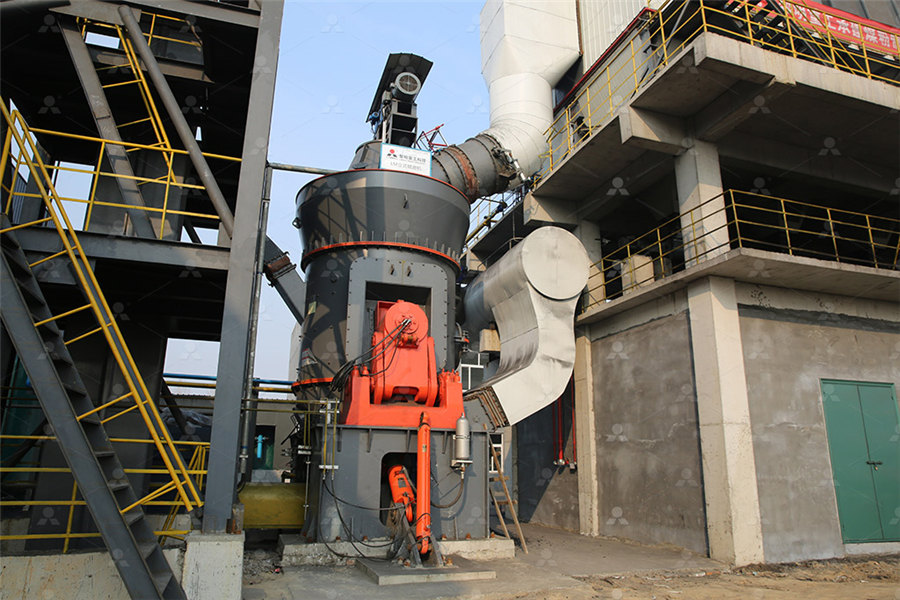
Fly Ash SpringerLink
2017年12月9日 Yuan et al showed that the water demand decreased by adding 15 and 20% fly ash and increased when fly ash content was higher than 20% This was attributed to the increase in water demand from the introduction of additional specific surface and porous grains, and the decreased deflocculation resulting from the adsorption of fine grains of fly ash on cement 2015年2月1日 Coal fly ash accounts for 5–20 wt% of feed coal and is typically found in the form of coarse bottom ash and fine fly ash, which represent 5–15 and 85–95 wt% of the total ash generated, respectivelyCoal ash is discharged by both wet and dry methods of coal combustion Bottom ash refers to the ash that falls down through the airflow to the bottom of the boiler and A comprehensive review on the applications of coal fly ash2023年9月16日 Water is one of the substances commonly used in some harmless treatments of MSWI fly ash, such as hydrothermal method and water washing However, during these processes, pollutants would be released in the aqueous solution, resulting in that the aqueous solution could only be discharged after secondary treatmentThe Resource Utilization and Environmental Assessment of MSWI Fly Ash 2020年2月19日 Incineration is widely adopted in municipal solid waste management, which produces large amounts of municipal solid waste incineration (MSWI) fly ash The harmless treatment of MSWI fly ash requires the appropriate disposal of heavy metals and dioxins that are enriched in fly ash This review summarizes recently developed harmless disposal methods for Review of harmless treatment of municipal solid waste incineration fly ash
.jpg)
Fly ash for sustainable construction: A review of fly ash concrete
2022年9月1日 Fly ash particles occupy the small voids space left between the angular cement and aggregate particles to release the trapped water, thus fly ash blending increases the flow ability and reduces 2020年4月28日 The rapid economic development in China places a large demand for energy, and as a result, thermal power plants in China are producing an enormous amount of coal fly ash (CFA) which causes severe environmental pollution This paper briefly describes the current production and utilization status of CFA in China and identifies the challenges confronting Utilization of coal fly ash in China: a minireview on challenges 2020年4月2日 This paper presents a review on fly ash as prime materials used for geopolymer Due to its advantages of abundant resources, less in cost, great workability and high physical properties, fly ash leads to achieving high mechanical properties Fly ash is considered as one of the largest generated industrial solid wastes or socalled industrial byproducts, around the Fly Ash as a Cementitious Material for Concrete IntechOpen2019年11月1日 These obtained temperature peaks for both the MCEdosed and control mass concrete are below the acceptable maximum temperature limit of 57 • C (stated as 135 • F in [21])Effectiveness of fly ash in reducing the hydration heat release of mass
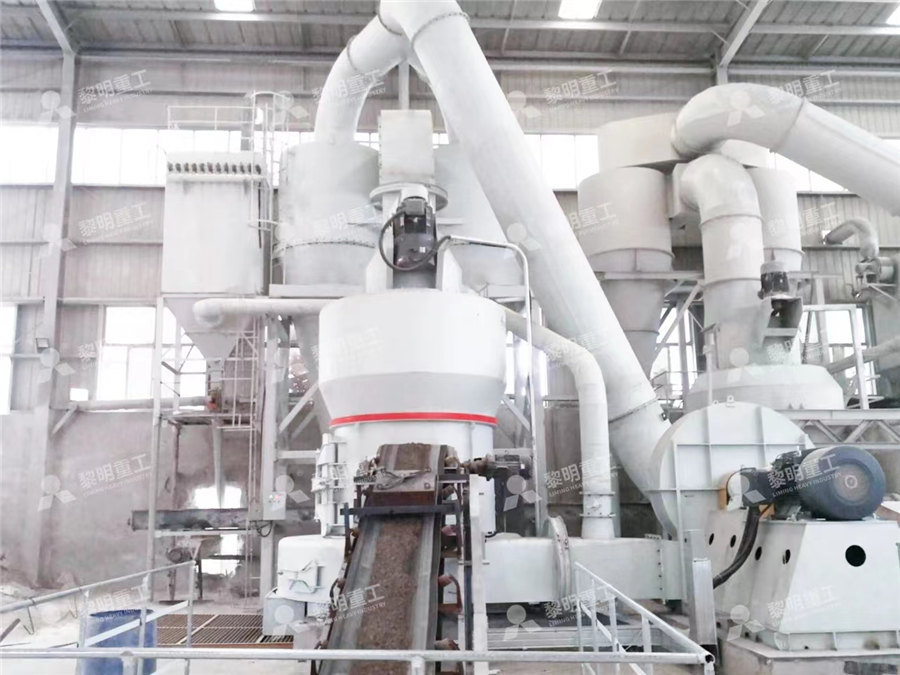
The Recycling of Coal Fly Ash: A Review on Sustainable MDPI
2022年2月9日 The recycling and utilization opportunities for coal fly ash (CFA) have increased in the past two decades However, limited commercialization of the material is still reported, while disposal and management remain major concerns CFA utilization is currently commercially feasible in the building and construction industry Other alternative uses that are being













